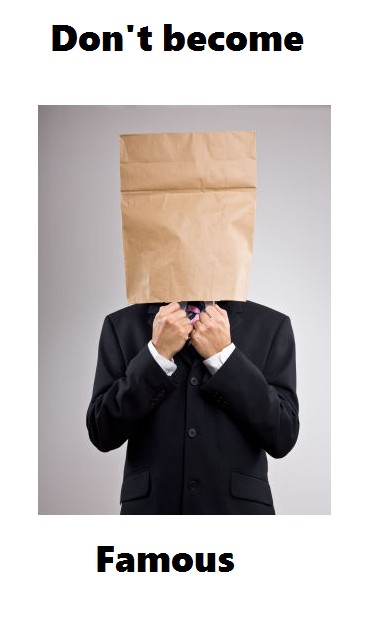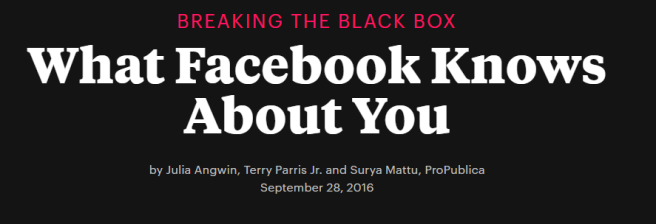--Originally published at Fabian iTec GDA

This whole week was really interesting and productive I could learn more about the traces that we unconsciously leave in the Internet, I started to make my own research and I ended up amazed and scared about all the information that Facebook, Amazon, etc.. take from us.
So these are the most important advices that I could take in order to protect your identity and your information:
- Do not give any personal information in social networks (cellphone, home address, age, family members information)
- Please, stop posting every single thing about what are you doing and where you are. I know it’s really cool to do it but we must not only protect ourselves from hackers but also from malicious peoples such as kidnappers and who knows what else.
- Don’t become famous… Seriously if you are not famous people won’t be that interested on hacking your accounts.
- If you start to have a strong argumentation, aggression or any online-fight please stop… Don’t make enemies and become a target for free, if you don’t feed them they’ll go away.
- Give important information only to those trusted entities and only when required such as banks. (Although I strongly prefer to do those things in person because I don’t really trust giving that kind of information on the internet).
- Please try to keep your social stuff where it belongs and don’t give any information for free.
All I have to say is “Thanks Ken for this amazing experience and for sharing your knowledge” we as students need more people with these kind of ideas because education is constantly evolving and it is necessary to improve our methodologies all the time.
Fabian Galindo






